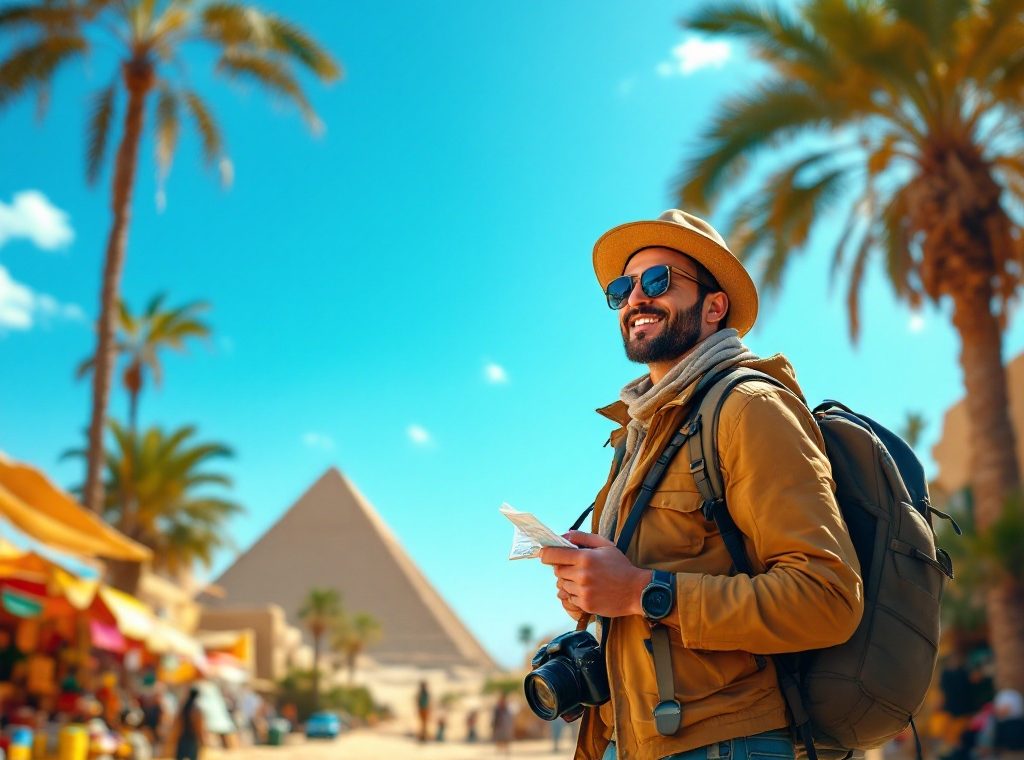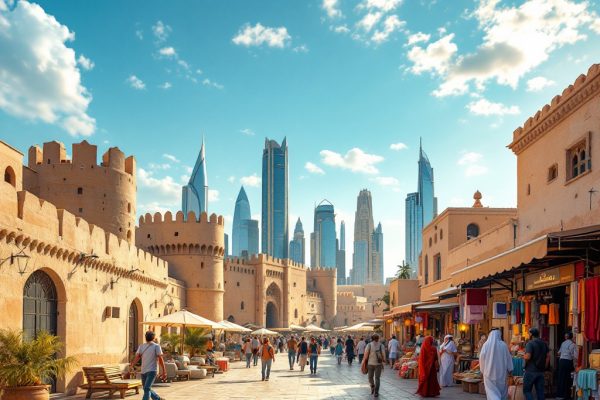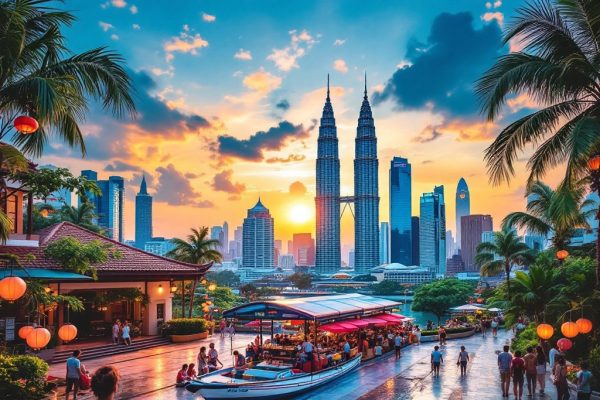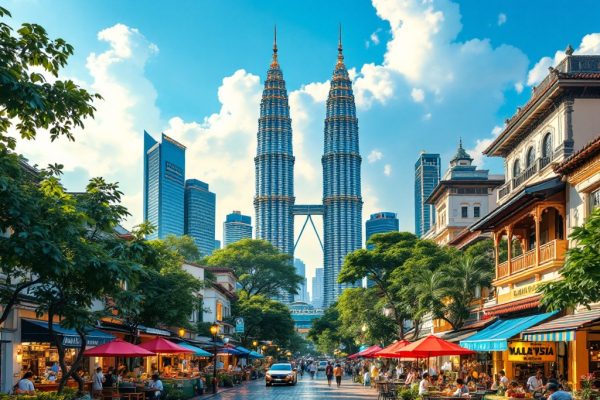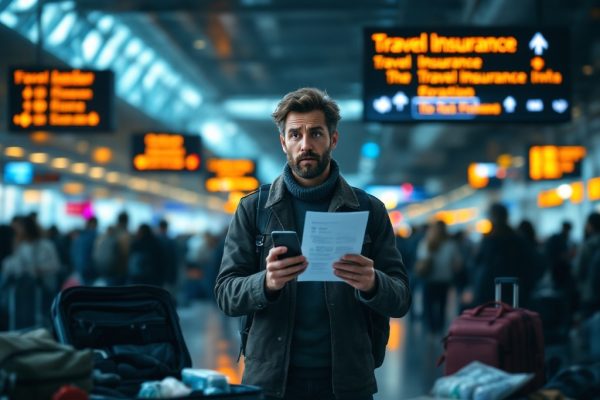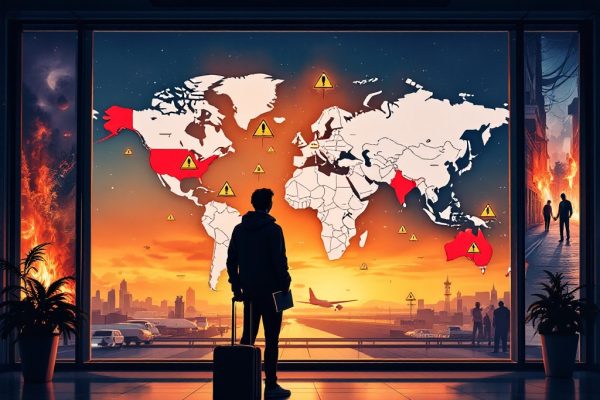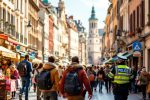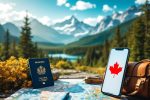Is It Safe to Travel to Egypt?
Dreaming of exploring ancient wonders? Egypt’s pyramids and vibrant culture beckon, but safety is paramount. Terrorism and security concerns require vigilance, especially outside major tourist hubs. This guide provides crucial safety advice, from health precautions and travel advisories to cultural tips and specific area risks. Learn how to navigate Egypt safely and make your trip a truly unforgettable experience. Read on to prepare for a secure and enriching Egyptian adventure.
Important information
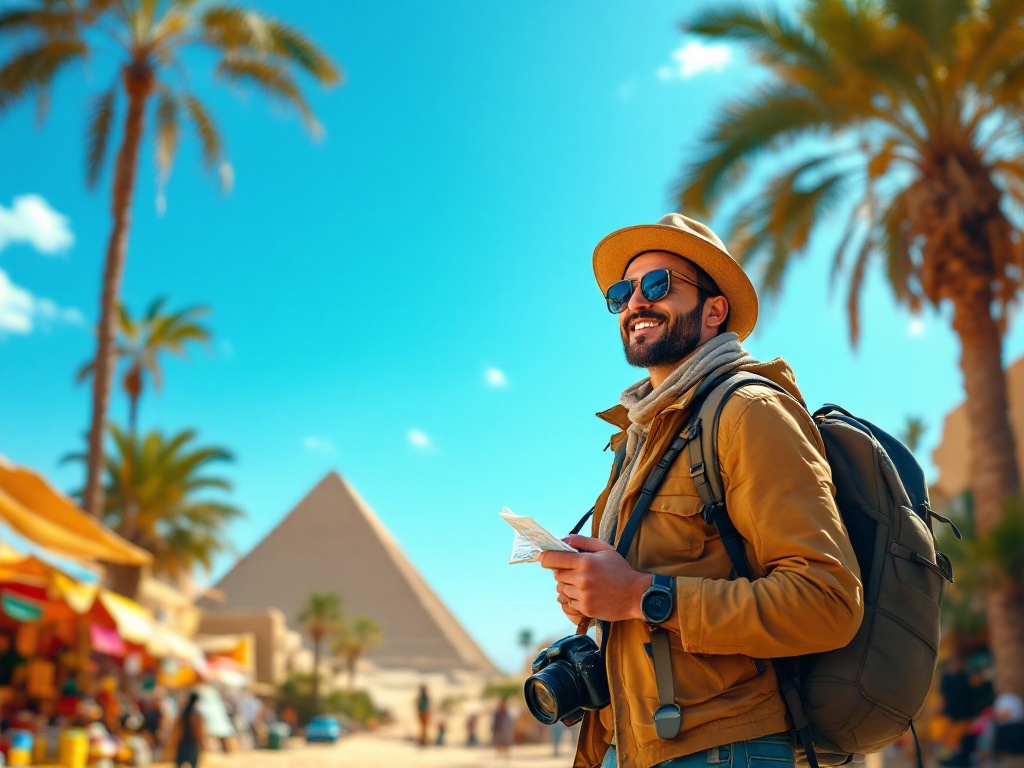
- The US government advises against travel to Egypt due to terrorism and security concerns. Exercise increased caution if you do travel, especially in areas frequented by Westerners.
- Avoid the Northern and Middle Sinai Peninsula, the Western Desert, and areas bordering Libya and Sudan due to high risk. The northern South Sinai also requires extreme caution.
- Ensure routine vaccinations are current and consult your doctor about additional vaccines like Hepatitis A and typhoid. Medical evacuation insurance is highly recommended.
- Consume bottled or boiled water and eat thoroughly cooked meals from reputable establishments. Cairo’s air quality can be poor, so consider a mask.
- Be aware of local customs: dress modestly, avoid public displays of affection, and be mindful of photography restrictions. Petty theft is common in tourist areas, so stay vigilant.
Is It Safe to Travel to Egypt?
Egypt welcomes tourists, but staying safe requires vigilance. The security landscape can shift rapidly, and terrorism poses a real threat. Always be mindful of your surroundings and keep up-to-date on local news and travel advisories for the latest information.
Current Travel Advisories for Egypt
The US government strongly advises against travel to Egypt due to the unpredictable security situation and the threat of terrorism. US citizens are urged to exercise increased caution, especially in areas popular with Westerners. The US Embassy has limited capacity to assist dual US-Egyptian nationals. Stay informed about changing conditions, keep your travel documents current, and register with the Smart Traveler Enrollment Program (STEP).
Travel Advisory Recommendations and Warnings
Exercise increased caution when traveling to Egypt due to the high threat of terrorism. Reconsider non-essential travel. Be particularly vigilant in the Sinai Peninsula (excluding Sharm El-Sheikh), the Western Desert, and areas bordering Libya and Sudan. Stay informed about local news and develop contingency plans independent of U.S. government assistance.
Areas to Avoid: Northern Sinai and Western Desert
Due to terrorism and military activity, the Northern and Middle Sinai Peninsula, along with the Western Desert, are high-risk areas. These locations should be avoided.
The northern part of the South Sinai Governorate also presents a terrorist threat and requires extreme caution.
Protests and Demonstrations: Safety Precautions
Avoid demonstrations, as protests can become violent. U.S. citizens have been detained for participating in these protests or posting negative comments online. Prioritize your safety and exercise extreme caution.
Health and Safety Precautions in Egypt
Plan a safe and healthy Egyptian adventure by ensuring your routine vaccinations are up-to-date. This includes measles, mumps, rubella (MMR), diphtheria-tetanus-pertussis, polio, and influenza. Consult your doctor about additional recommended vaccines like Hepatitis A and typhoid, as these suggestions depend on your itinerary and health status. Medical insurance covering international travel and emergencies is highly recommended to protect you from unexpected costs or even emergency evacuation.
Food and Water Safety
- Stick to bottled or boiled water,
- avoid tap water, ice cubes, and unpasteurized dairy,
- dine at reputable establishments,
- choose thoroughly cooked meals.
Air Quality
Cairo’s air quality can sometimes be poor. Checking air quality reports and considering a mask is advisable, especially for travelers with respiratory issues.
Public Transportation
Egypt offers diverse public transportation, including buses, trains, and a metro system. While generally safe, remain vigilant, particularly during rush hour, and safeguard your belongings.
Taxis
Reputable taxis or ride-hailing apps are often preferred over unmarked taxis for added peace of mind.
Necessary Vaccinations and Medical Insurance
Before embarking on your journey, prioritize your health by receiving routine vaccinations such as MMR, diphtheria-tetanus-pertussis, varicella (chickenpox), polio, and the annual flu shot. Depending on your travel destination, consult your doctor or a travel clinic to discuss additional vaccinations for hepatitis A, hepatitis B, typhoid, and rabies. Consider medical evacuation insurance. Because access to quality medical care can vary in different locations, this insurance ensures swift transport back home in case of a serious illness or injury. This provides valuable peace of mind during your travels.
Food, Water, and Air Quality Concerns
Stay hydrated by opting for bottled or boiled water, which helps prevent waterborne illnesses. Cairo’s air quality can sometimes pose respiratory challenges, so it’s wise to be aware of this. Choose well-cooked meals from reputable sources to ensure food safety.
Public Transportation Safety Tips
Prioritize safe transportation by booking through your hotel or a reputable travel agency. Ride-sharing apps and taxis with pre-set fares are also convenient choices. However, remain vigilant about your belongings, especially in crowded areas like public transit.
Safety in Specific Areas of Egypt
Cairo is generally safe for tourists, but petty theft can occur. Keep a close eye on your belongings, especially in crowded markets and other bustling areas. Sharm El-Sheikh and the South Sinai region also maintain a high level of safety thanks to increased security measures. While these measures offer good protection, it’s always wise to stay aware of your surroundings and avoid venturing outside tourist zones alone, particularly at night.
Safety in Cairo
Cairo is generally safe for tourists, but petty theft can occur. Keep a close eye on your belongings, especially in crowded markets and bustling areas.
Safety in Sharm El-Sheikh and South Sinai
Sharm El-Sheikh and the South Sinai region maintain a high level of safety due to increased security measures. While these offer good protection, stay aware of your surroundings. Avoid venturing outside tourist zones alone, particularly at night.
Cairo: Safety and Security Overview
Cairo is generally safe for tourists, but petty theft can occur. Stay aware of your surroundings and take precautions against pickpockets and scams, especially in crowded areas.
Sharm El-Sheikh and South Sinai
While Sharm El-Sheikh is generally considered safe for tourists, it’s prudent to exercise caution and be aware of potential security concerns in the broader South Sinai region.
Advice for Specific Groups of Travelers
Safety Recommendations for Solo Female Travelers in Egypt
When traveling alone in Egypt, women are advised to dress modestly out of respect for local customs. For personal safety, avoid walking alone at night in less populated areas, and opt for reputable transportation services. Stick to well-lit and populated areas for enhanced security. Connecting with local women can offer valuable safety tips and cultural insights.
Guidance for LGBT+ Travelers in Egypt
LGBT+ travelers should exercise discretion in Egypt. While same-sex relationships are not explicitly illegal, public displays of affection are generally not accepted due to cultural norms. Discreet behavior can prevent unwanted attention or misunderstandings. Thorough research on local laws and customs is crucial for ensuring both a safe and respectful trip.
Safety for Women Travelers and Solo Female Travelers
When visiting religious sites, dress modestly to show respect for local customs and traditions.
Conduct pre-trip research about your destinations to ensure a safer and more informed journey.
Avoid walking alone at night, especially in unfamiliar or poorly lit areas.
Choose accommodations with good reviews and consider safer travel options like group tours or reputable transportation services.
Share your itinerary with someone you trust and keep in regular contact.
Ensure you have a charged phone and readily available local emergency numbers.
Learning basic Arabic phrases can also be beneficial.
Considerations for LGBT+ Travelers
Egypt prohibits same-sex sexual activity. Public displays of affection are generally frowned upon, irrespective of sexual orientation. LGBT+ travelers should be discreet and respect local customs. This includes refraining from public displays of affection. Researching LGBT+ friendly venues or support networks beforehand can be helpful, but caution is still advised.
Travel Tips and Cultural Considerations
Respecting local customs is essential when visiting Egypt. Dress modestly, especially at religious sites. Public displays of affection are generally discouraged. Be mindful of photography restrictions in certain areas.
Local Laws and Regulations
Familiarize yourself with Egyptian laws regarding alcohol consumption and photography. Egypt maintains a visible security presence, especially in tourist areas.
Tourist Police
The tourist police are available to assist visitors. Contact information can typically be found at hotels and tourist information centers.
Cultural Norms and Legal Considerations
Public displays of affection are uncommon in Egypt. Dress modestly, especially when visiting religious sites.
It’s a good idea to inquire about photography guidelines in advance.
Always keep your identification with you.
Alcohol is available at licensed establishments, but public intoxication is frowned upon.
Be aware that drug offenses carry severe penalties.
By respecting local customs and traditions, you’ll contribute to a positive and enjoyable travel experience.
Security Presence and Tourist Police
Egypt’s Tourist Police prioritize visitor safety and maintain a strong presence at popular tourist attractions. If you require assistance or have security concerns, don’t hesitate to approach an officer. They are readily available to help and address any issues that may arise. Reporting your concerns ensures a safer and more enjoyable experience for everyone.

